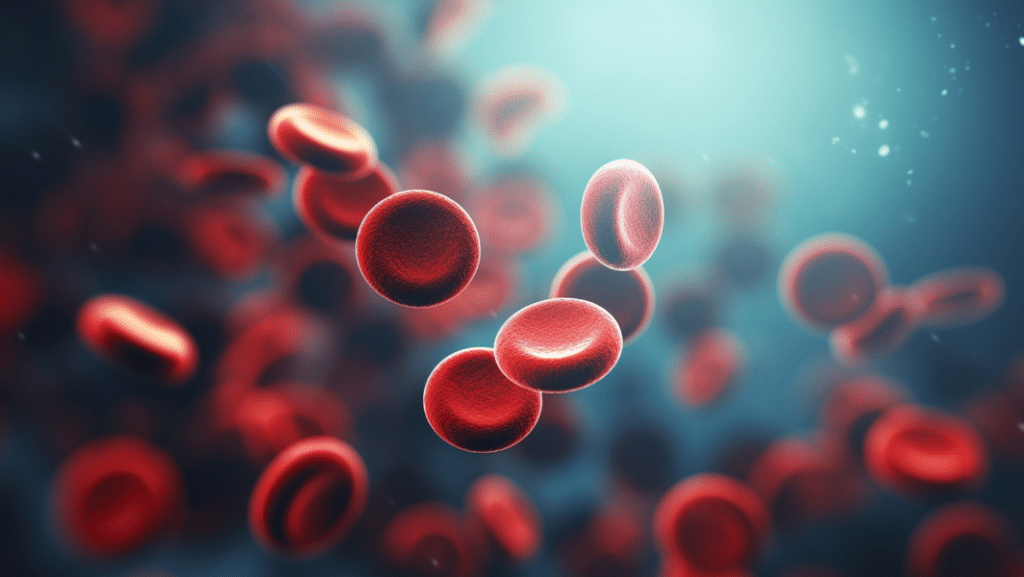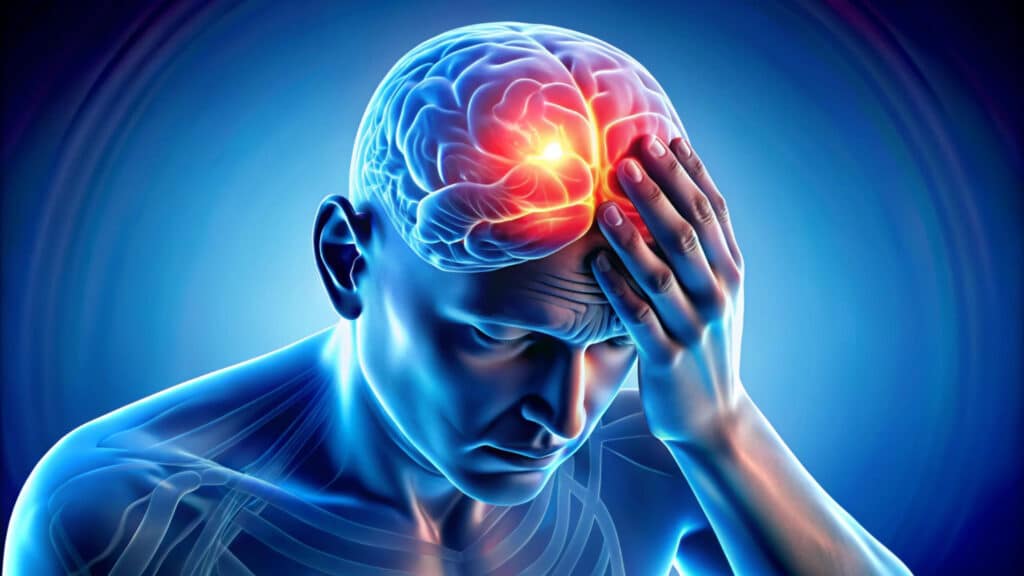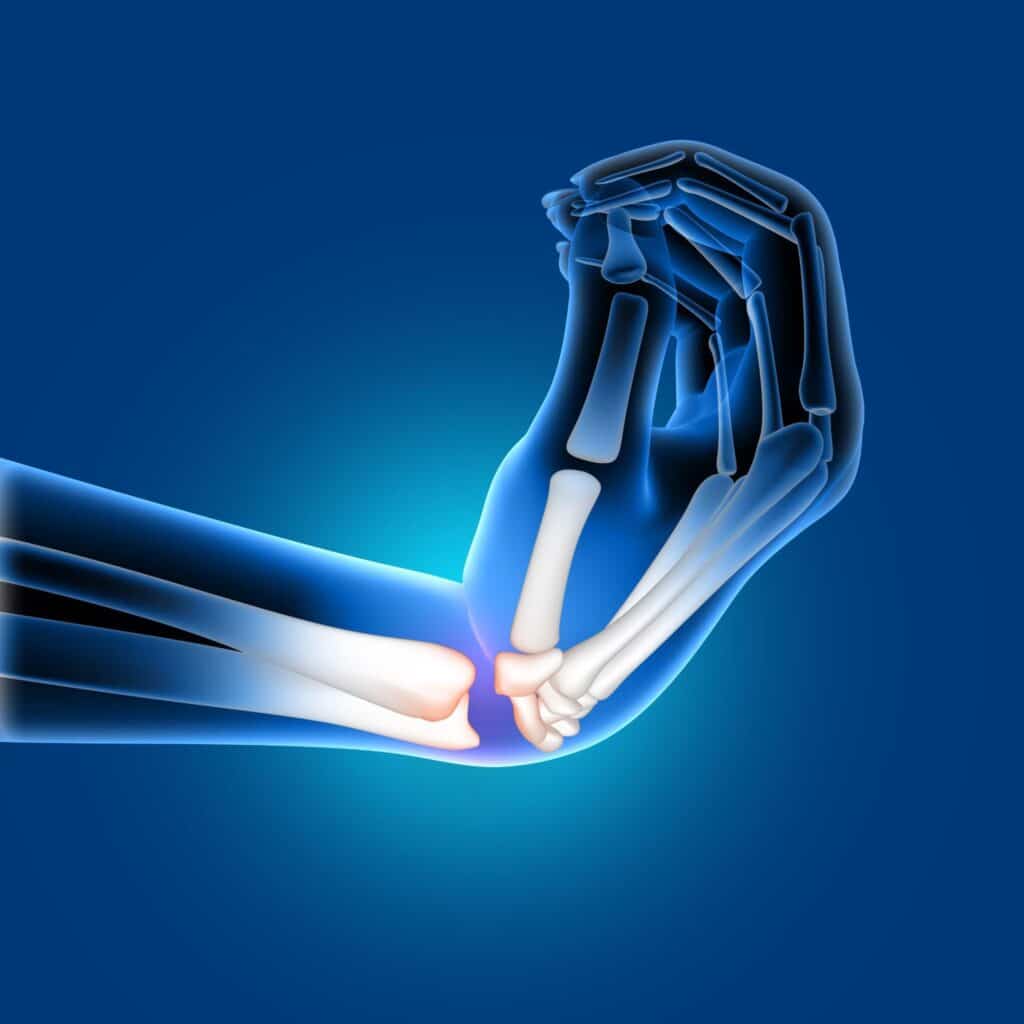Snoring: Causes, Risks, and Effective Solutions
Memory loss linked to depression can be subtle yet concerning, affecting daily life and productivity. Depression, widely known for its impact on mood, can also bring about cognitive side effects, such as difficulties with memory and concentration. Understanding how depression affects memory can be a critical step in managing these symptoms and exploring treatment options.









